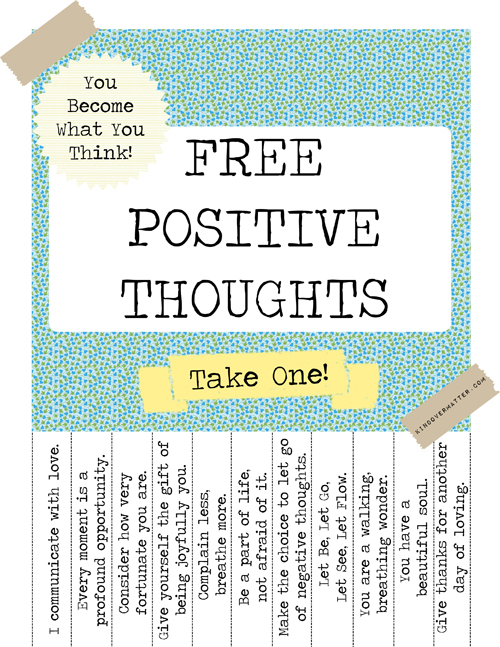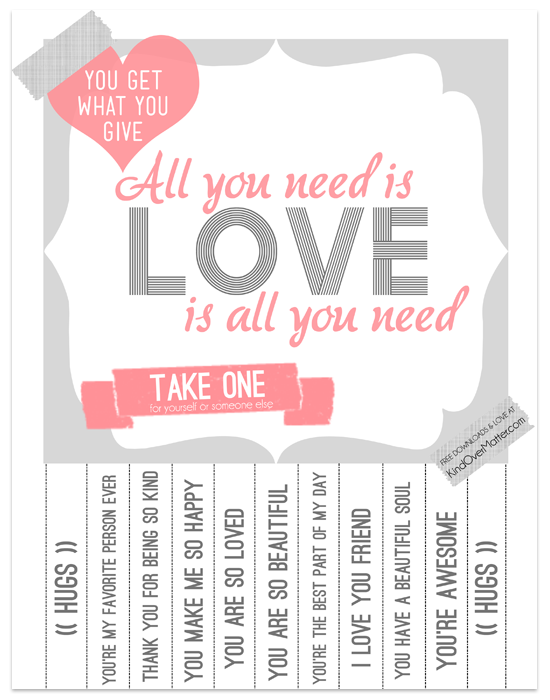Recently on my Facebook page, I mentioned a case where I had heard that two brothers were planning to throw their testing in order to get classified with special education services. Every now and then, I evaluate kids who do not give their "all" during testing--whether it's because they're unmotivated, uncooperative, excessively fidgety, or a plotful mastermind like these brothers. These kiddos can be challenging to test because we don't want to push too hard, but we also require reliable results for decision-making. It's a delicate balance.
Here are some general recommendations to make sure you're getting the most accurate scores possible:
- Make sure to spend the time building rapport with the kids you're testing. Whether it's a game of Uno, asking about their interests, reading a story together, or an extra long walk & chat to the testing location, making kids feel at ease and comfortable with you is the first step towards having a productive assessment session.
- Pick a place to test that is relatively quiet, private, and distraction free. This is one of the first things you'll learn about assessment in grad school, and 30 years later it'll still be the solid base you need. Not all of us have our own offices or even a desk (or pencils, protocols, etc...), but doing your best to find a good place for testing can make a world of difference. You may have to get creative... nurse's exam room, librarian's office, or janitor's closet ring a bell?
- Be familiar with your own assessment materials. As you're fumbling to see if an answer is 1pt or 2pt, trying to find your place in the manual, or checking to see if you're putting a model together the right way, it give kiddos chances to get off-track. This will come with time and practice, but making sure you know the assessment like the back of your hand will let you focus on the kid, not the text (which you will be able to recite in your sleep).
- Be open and flexible, but firm and structured. The more you test, the more you'll find the balance between being Robot Psychologist and Out of Control Psychologist. We need to maintain standardization and boundaries, but also be a person who the kid can relate to. Kids will run wild when given too much freedom, but can crack under someone who is too rigid.
- For kids that are reluctant, uncomfortable being wrong, give up easily when challenged, or who seem to not being exhibiting all their effort--be encouraging. Obviously, we can't tell kids if they are right or wrong on an answer when they ask, but saying things like, "You worked really hard on that one," "This seems easy for you," "You're positive about that answer," "Excellent effort," etc can give kids the extra push to keep going. Make sure that you give positive feedback even if a child is incorrect--it's supportive and they'll pick up if you're only responding when they're right, which can throw them.
- For kids who are excessively fidgety, hyperactive, hard to focus--be consistent and repetitious. They are going to need multiple repetitions of directions and expectations, constant reminders to "sit on your bottom/look at me/put your listening ears on/take your time/look at these *tap finger*" and possibly breaks to let their energy out. There's nothing wrong with stopping after a few subtests (or every one) for some jumping jacks or to take a walk if it means that they'll be refocused afterwards. I always give kids the option for stretch and bathroom break halfway through regardless of their attention level--I don't like sitting for 1+hrs and I'm a typically-functioning adult (unless I have too much coffee, then I'm a tweak)! Providing reinforcers, such as M&Ms or small stickers, in short, variable intervals is also a good way to help maintain attention and give reinforcement.
- That being said, don't be afraid to break testing into multiple sessions, especially if you're administering more than one measures. You will have to for especially little kiddos, because developmentally they just can't focus for taxing tasks for extended periods. If kiddos start getting frustrated, pushing them to keep going is only going to irritate them more, leading to less reliable results. If you have an inkling that things aren't going as they should, it's best to postpone until a later date. You may even want to ask the kid when they'd like to finish--maybe getting out of a certain subject they don't like will be extra incentive or motivation for them!
We can bend over backwards as Super Psychologists and do all the little things to make an assessment session as close to perfect as possible, but kids are unpredictable precious monsters that can still go rogue. In these instances, you'll have to decide how to report your assessment findings. It will be very important to write a strong "behavioral observations" section describing explicitly with observable terms what the child did during testing that might have impacted your results, and how they reacted to the things you did to maintain them. You will also need to write a statement describing why your results may not be reliable. Mine usually comes at the end of my "behavioral observations" section, right before my "assessment results" and sounds something like: Due to XX, the following results are believed to be an inaccurate and unreliable representation of CHILD'S current levels of cognitive functioning." Where "XX" is, note whatever it was that may have skewed the testing, such as "inattentive and hyperactive behaviors," "a lack of consistent and appropriate effort," etc. It would be painful to completely throw out your results and hard work, so when I appropriate I also note that "scores should be interpreted with caution" in whichever areas were particularly impacted.
What other suggestions, tips, and tricks do you have for productive testing sessions?
Don't forget to check out and "Like" my Facebook page!









